
More Helpful Content
Shipping between China and Indonesia plays a crucial role in supporting businesses and boosting economic growth. This guide on Shipping from China to Indonesia Services is here to help you navigate the complexities of international shipping, whether you're a business owner or an individual.
We'll cover everything you need to know about shipping methods, from air freight to sea freight, and explain the costs involved. You'll find tips on calculating shipping fees and a step-by-step guide to preparing your shipment, clearing customs, and picking the right freight forwarder. Plus, we'll introduce EFEX cross-border shipping solutions and answer some common questions, including insights on shipping China to Indonesia price, to make your shipping process smoother.
Shipping between China and Indonesia is essential for businesses and individuals. Let's dive into the different methods available to ensure your shipment reaches its destination efficiently.
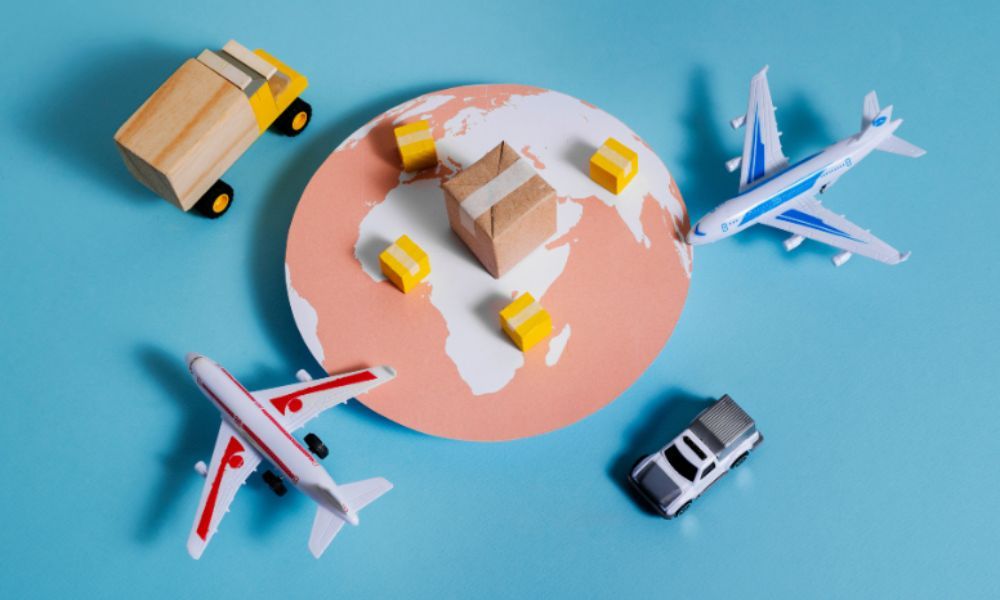
Air freight is the fastest method for shipping from China to Indonesia. It’s ideal for urgent deliveries and high-value goods. For example, many electronics and fashion items are shipped by air to meet market demand quickly.
Air freight is perfect if you need your products fast. This method ensures timely delivery, reducing the wait for critical supplies.
For bulk shipments, sea freight is the way to go. It’s more economical and can handle large volumes, making it a preferred choice for many businesses.
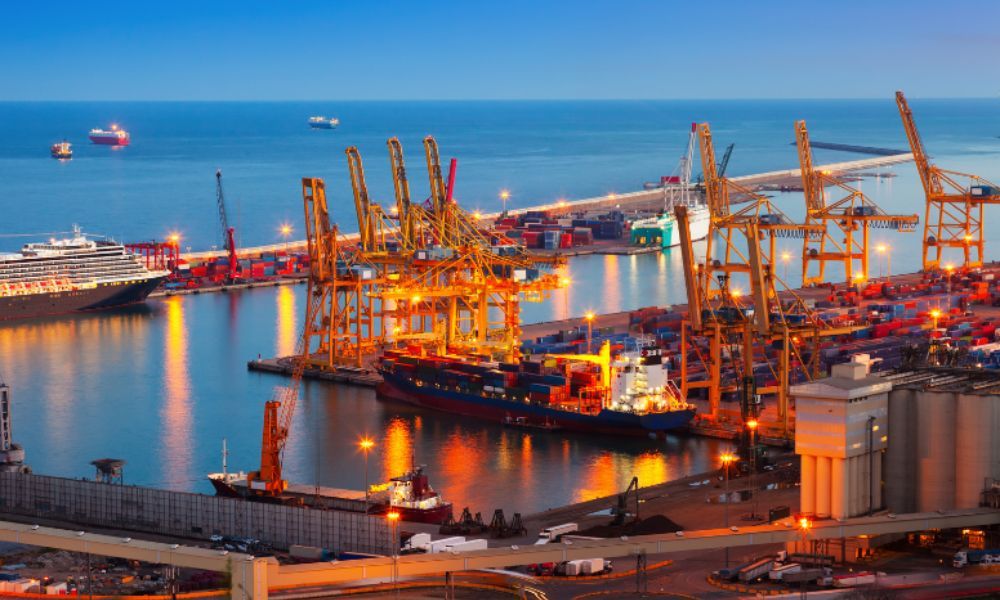
Shipping by sea might take longer, typically 2-6 weeks, but it’s great for non-urgent and heavy items. This method is perfect for large quantities of goods that do not require immediate delivery.
Both methods have their advantages. By choosing the right one, you can optimize your logistics and save on costs. Understanding the differences helps you make the best decision for your specific needs.
Whether you're looking at shipping from China to Indonesia or shipping from Indonesia to China, knowing your options ensures your shipments are handled effectively and cost-efficiently.
When it comes to shipping from China to Indonesia, understanding the different parcel types can help you choose the best option for your needs. Whether you're sending small items or large shipments, each type has its advantages.
Small parcels are perfect for lightweight and compact items. Think of products like gadgets, clothing, or accessories. These parcels typically weigh under 2 kg and can be shipped quickly and affordably using services like international postal systems or express couriers.
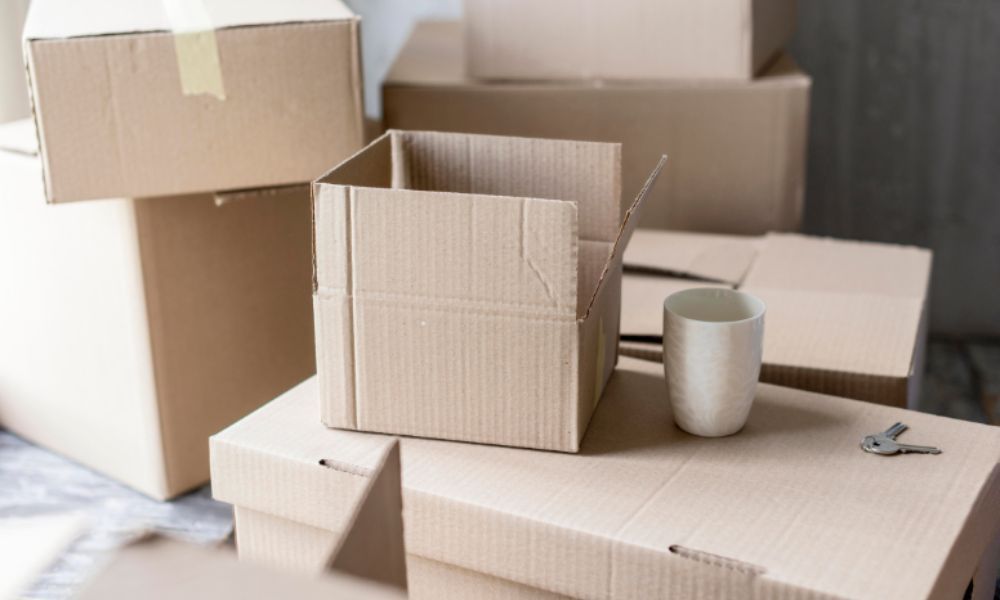
For example, if you're an Ecommerce business sending a batch of smartphone cases to Indonesia, using small parcels can save you money and ensure quicker delivery. This efficiency is crucial in the competitive world of online sales.
Large parcels cater to bulkier, heavier shipments. Items such as machinery, large electronics, or bulk orders fall into this category. These parcels often require freight shipping services, either by air or sea.
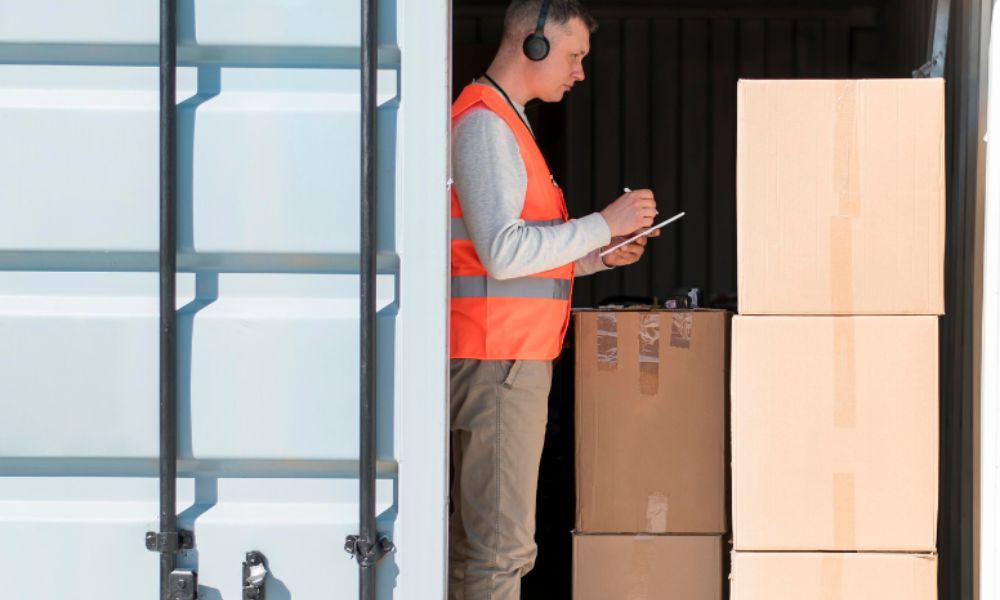
Imagine you're importing a shipment of electric scooters from China to Indonesia. Using large parcels, possibly through sea shipping from China to Indonesia can be more economical than splitting the shipment into smaller parcels.
To make the most of your China to Indonesia shipping time, consider exploring reliable shipping solutions that cater to specific parcel needs.
Understanding parcel types is crucial for determining the best shipping China to Indonesia price. Whether you're shipping small items or large consignments, knowing the costs involved can help you make the best decision.
Air shipping is the go-to for fast and reliable delivery. It's perfect for time-sensitive shipments or high-value items.
Sea shipping is ideal for large, bulky shipments. It offers a more economical solution for businesses needing to move large quantities of goods.
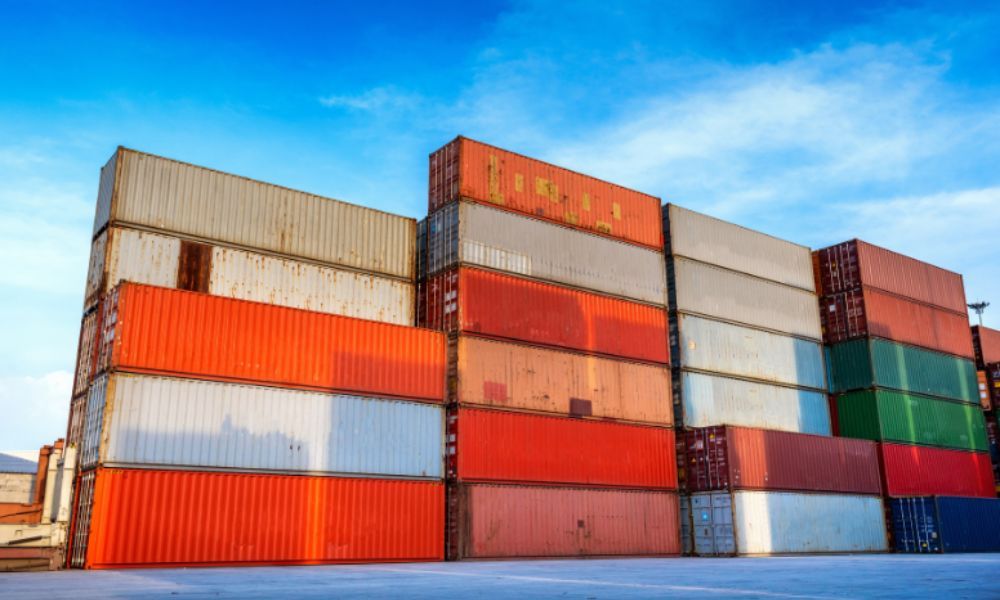
Reference detail price:
| Shipping Mode | Cost | Best For | Note |
| LCL (Less than Container Load) | $30-$60 per cubic meter | Smaller shipments that don't fill a container | Offers flexibility but comes with a higher cost per unit. |
| FCL (Full Container Load) | $1,500-$2,500 per 20ft container | Larger shipments that can occupy a full container | More cost-effective for bulk goods. |
Please note that these are approximate estimates, and the actual cost may vary based on the specific details of your shipment. Using sea freight can be more economical if you deal in bulk products, such as importing a large quantity of apparel for your retail store.
Calculating shipping fees accurately is essential for managing logistics effectively. Both air and sea freight have specific methods to determine costs, primarily using the weight/volume ratio or volumetric weight.
For sea freight, the weight/volume ratio is the most common method to calculate shipping costs between China and Indonesia. This method ensures efficient use of cargo space and fair pricing for larger but lighter shipments.
Here's how it works:
Example:
Volumetric weight = Volume (m3) / Volumetric Weight Factor (m3/kg)
Volumetric weight = 2 m3 / 5000 m3/kg = 0.4 kg
In this case, since the volumetric weight (0.4 kg) is less than the actual weight (500 kg), the shipping costs would be based on the actual weight of 500 kg.
Airlines use a similar approach by charging based on the larger of the actual weight or the volumetric weight. This method ensures that space is used efficiently.
Steps to Calculate:
Example:
Volume = 100 x 50 x 40= 200,000 cm3
To convert the volume to volumetric weight, you use a volumetric weight factor. In this example, the factor is 6000 cubic centimeters per kilogram (6000 cm³/kg). The formula for volumetric weight is:
Volumetric weight = Volume (cm3) / Volumetric Weight Factor (cm3/kg)
Volumetric weight = 200,000 cm3 / 6000 cm3/kg = 33,33 kg
Since the volumetric weight (33.33 kg) is lower than the actual weight (100 kg), the airline will charge based on the actual weight of 100 kg.
Using the weight/volume ratio allows for accurate calculation of shipping costs based on the space occupied, ensuring efficient utilization of cargo space.
This approach is crucial for shipping from Indonesia to China or vice versa, as it reflects the actual space used in the shipping vessel. In contrast, smaller but denser shipments might cost less despite their higher weight.
Efficient shipping from China to Indonesia requires meticulous planning. Follow these steps to ensure a smooth and successful shipping process.
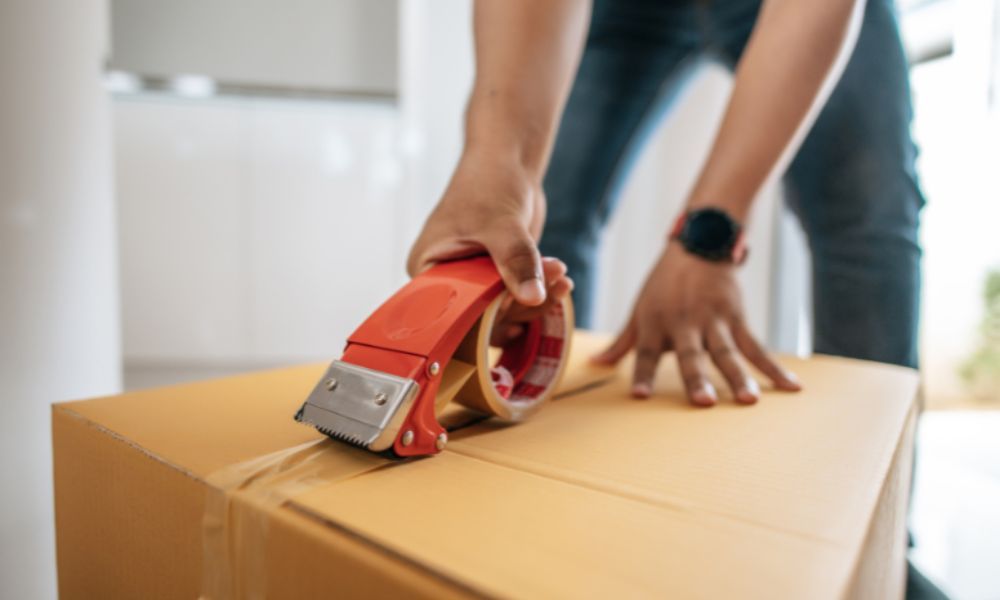
Proper tracking of customs clearance and shipments is essential for smooth logistics. Follow this detailed guide to ensure your shipping from China to Indonesia is hassle-free. Learn more about custom clearance meaning, types, process, and best practices.
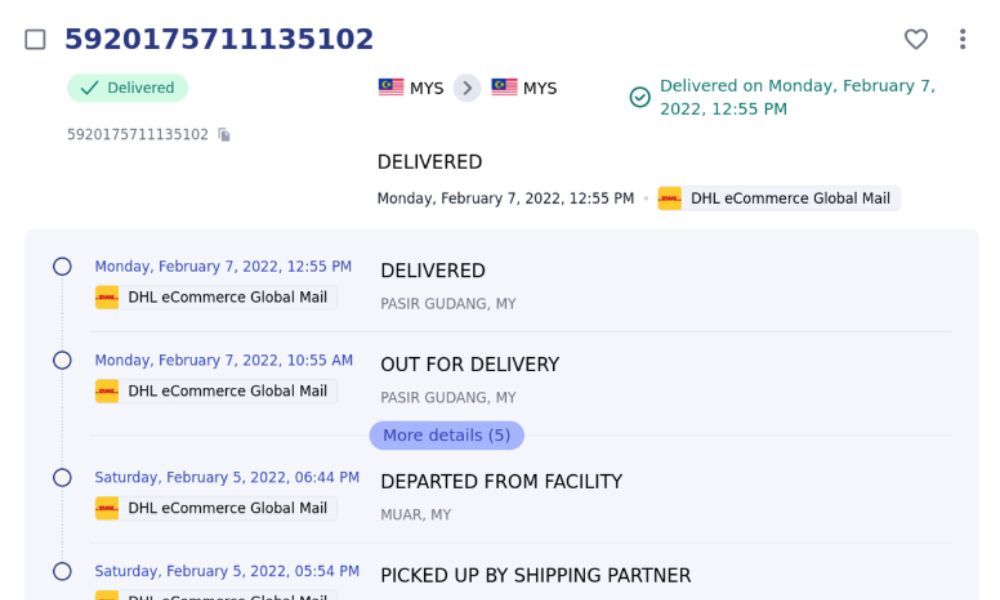
Choosing the right freight forwarder is crucial for smooth and efficient shipping from China to Indonesia. Here’s a detailed guide to help you make an informed decision.
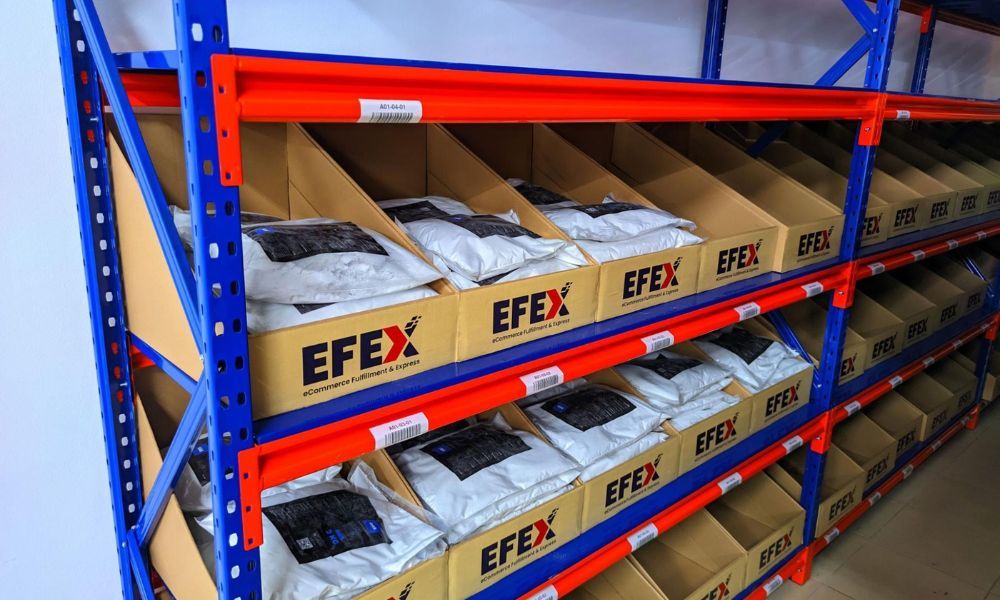
Why Selecting a Reliable Freight Forwarder Matters?
How to Evaluate Freight Forwarding Companies: When selecting a forwarder China Jakarta, consider these key points:
Top Freight Forwarders for China to Indonesia Shipping: Here are some recommended freight forwarders for shipping from China to Indonesia
Selecting a reliable freight forwarder is essential for successful shipping from China to Indonesia. By following these criteria, you ensure smooth logistics, timely delivery, and cost efficiency.
EFEX offers comprehensive solutions for all your shipping from China to Indonesia and shipping from Indonesia to China needs. Our services are designed to streamline your logistics and enhance your business efficiency.
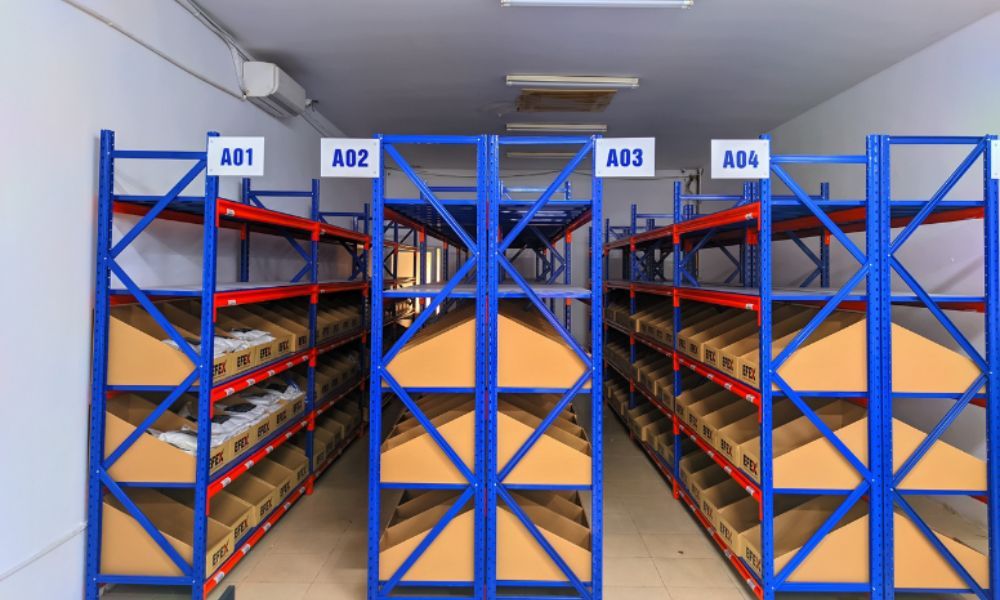
Whether you're shipping from China to Indonesia or shipping from Indonesia to China, EFEX offers the comprehensive, reliable solutions you need. Our expertise in cross-border logistics ensures that your products reach their destination quickly and safely.
Shipping from China to Indonesia can vary in duration based on the mode of transport you choose.
For example, if you need to ship electronics quickly, air freight would be ideal. However, if you're transporting furniture, sea freight is more economical.
Reducing shipping costs is crucial for maintaining profitability in your business. Here are a few tips:
In addition, consider using a reliable freight forwarder like EFEX. We offer competitive rates and exceptional service to help you minimize costs.
Indonesia imports a wide variety of goods from China, including:
These items reflect the diverse needs of Indonesian businesses and consumers. For instance, many retail businesses import electronics due to high local demand.
Shipping from China to Indonesia can be a complex process, but with the right information and partners, it becomes much more manageable. This guide covered crucial aspects such as shipping duration, cost-saving tips, common imports, and relevant costs. Understanding these elements ensures smoother logistics and better business performance.
If you're looking for a reliable partner to handle your shipping needs, EFEX is here to help. We offer comprehensive solutions that address your pain points, ensuring timely and cost-effective deliveries. Our services are tailored to meet your specific requirements for shipping from China to Indonesia.
Visit our homepage to learn more about our services. For any inquiries, feel free to contact us. Join our Facebook Community to stay updated and connect with other businesses. Choose EFEX for seamless and efficient shipping!


